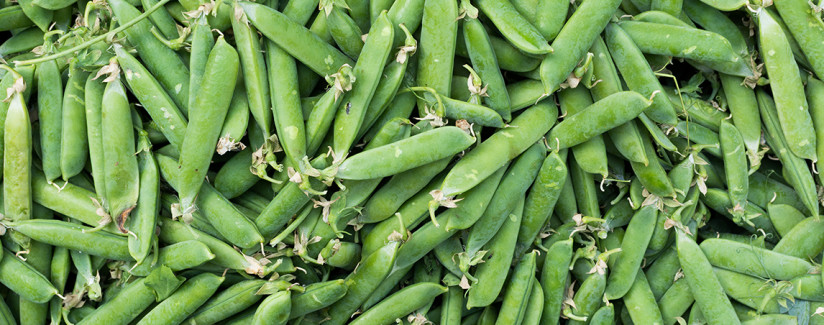
How Is Genetic Modification Changing Food?
The world’s population is expected to reach or surpass nine billion by 2050 and current popular opinion is that at the current rate of production, there will not be enough food to feed the world. Enough food for a larger population is only one reason behind the support for genetic modification (GM). This got us thinking – how is genetic modification changing food?
For more insight, we reached out to a few experts:
- Ruth MacDonald, PhD, RD, Chair and Professor of the Department of Food Science and Human Nutrition at Iowa State University
- Wayne Allen Parrott, PhD, Professor of the Department of Crop and Soil Sciences and Institute for Plant Breeding, Genetics and Genomics at the University of Georgia
Both Dr. MacDonald and Dr. Parrott acknowledge that GM technology provides for faster and more direct methods of improving plant and animal foods. According to Dr. MacDonald, with GM technology, food can be produced using fewer chemicals but also under conditions that would otherwise damage them, such as drought or high heat. Genetic modification allows for specific traits to be turned off, modified or enhanced, and moved from one species to another. Dr. Parrott specifically mentions GM foods that have recently been FDA-approved for commercialization: non-browning apples and potatoes. With the Arctic® apple developed by Okanagan Specialty Fruits, scientists have been able to identify and “turn off” the enzyme that causes apples to brown. The Innate™ potato developed by J.R. Simplot is not only non-browning, but also does not produce acrylamide, a natural compound that forms during frying and is speculated to be carcinogenic.
Dr. Parrott makes the point that “the GM crops currently on the market have not changed the food itself. Genetically modified organisms (GMOs) are changing the way food is produced, by making it possible to produce more with fewer inputs. In the end, it is important to remember that GM is a process, not an ingredient. For those cases where the process changes the food in a way that affects its safety, nutrition or the way it is handled, the FDA mandates a label.”
These are just a few examples of how biotechnology and genetic modification are changing the way food is produced. Science is always changing and new discoveries are constantly being made, so there will never be one answer to this question. That’s why we’re here – to provide you with the answers to your questions about food!

























